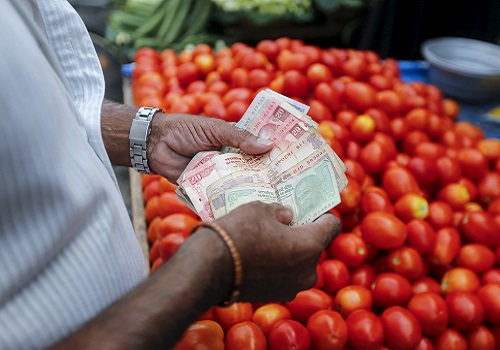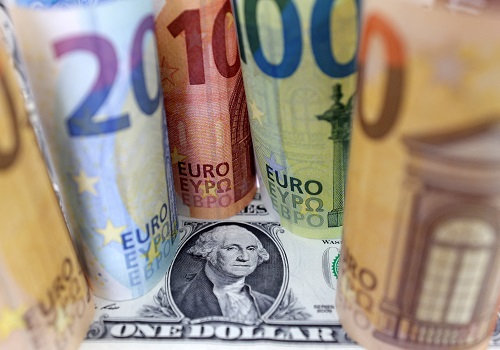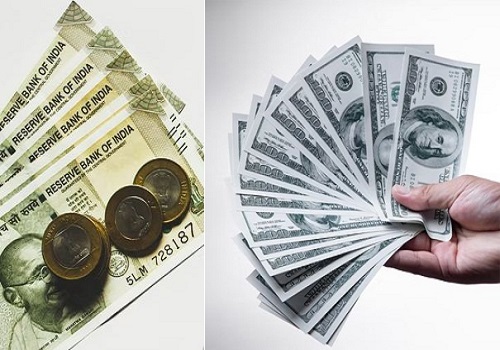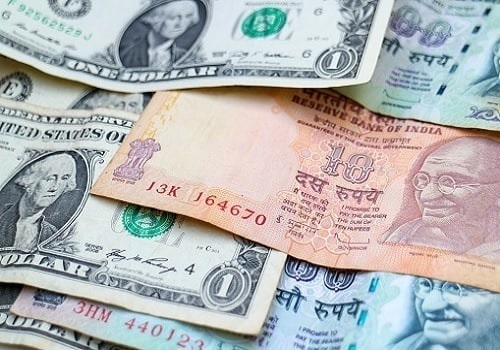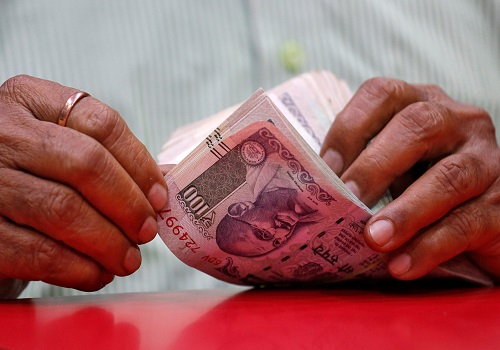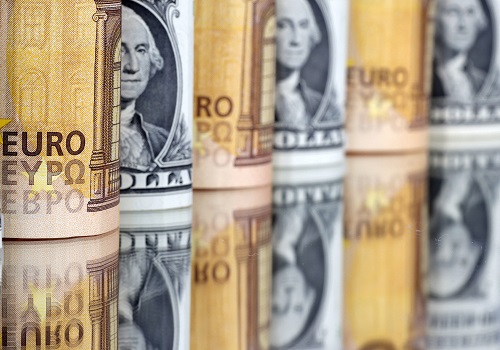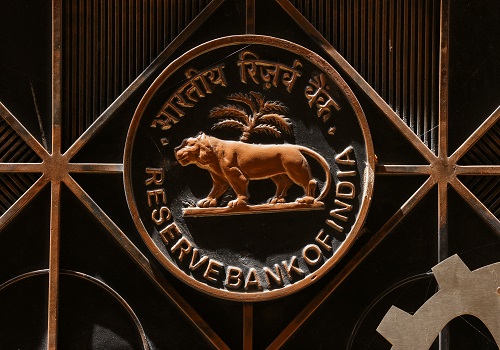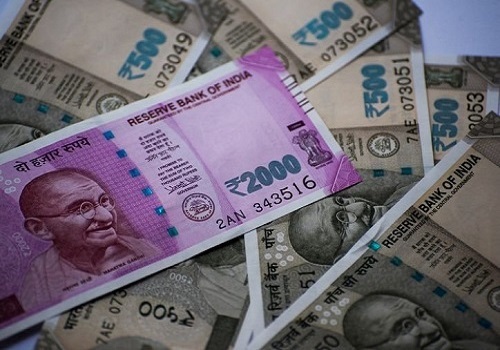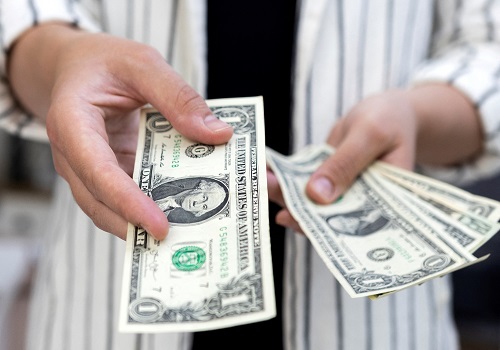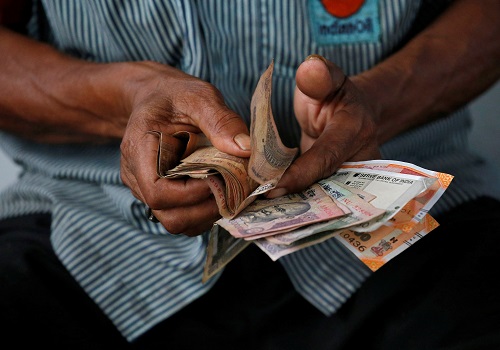Euro dips amid caution over Ukraine, Norwegian crown plunges
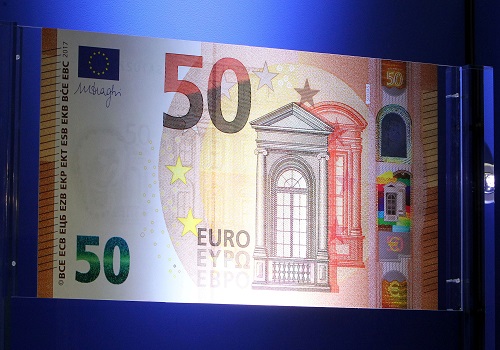
Follow us Now on Telegram ! Get daily 10 - 12 important updates on Business, Finance and Investment. Join our Telegram Channel
The euro fell on Thursday on caution about developments in Ukraine and limited progress in peace talks, while the Norwegian crown fell sharply as oil prices dived and after the central bank decided to buy foreign currency. Ukrainian forces are preparing for new Russian attacks, Ukrainian President Volodymyr Zelenskiy said, with peace talks set to resume on Friday. The euro dropped 0.5% to $1.1105 after hitting its highest since March 1 at $1.1184 earlier in the session.
"The single currency is still around $1.11, with investors cautious about future developments in Ukraine," Roberto Mialich, forex analyst at Unicredit, said.
"But the market wants to believe in a peace deal or at least in a truce. This is why rouble remains not far from its pre-war levels against the dollar, and the greenback is struggling to appreciate," he added.
The dollar index, which tracks the U.S. currency against six peers, rose 0.3% to 98.150.
The rouble was down 8% versus the greenback at 81.82
Investors also focused on the European Central Bank's next moves after robust inflation data.ECB chief economist Philip Lane said on Thursday euro zone inflation was increasingly likely to stabilise around 2% but the ECB should be ready to change course if the outlook deteriorates due the war in Ukraine. [nL5N2VY2NL]
“Until the risk of an energy crisis and considerable economic effects resulting from the Ukraine war have been banished, the ECB is likely to hesitate to make a clear commitment (on how to take action against inflation),” Antje Praefcke, forex analyst at Commerzbank, said.
“And as a result, it will also be a while before the euro can appreciate on a sustainable basis,” she added.
Money markets are currently pricing in an around 85% chance of 20 basis points (bps) of ECB rate hikes by July 2022 and 60 bps by year-end. [IRPR]
The Norwegian crown plunged after oil prices dived and the central bank said it would buy foreign currency for its sovereign wealth fund in April.
Norges Bank plans to exchange 2 billion crowns ($231.9 million) per day into foreign currency, which will in turn be invested abroad by the wealth fund, already the world's largest with assets of $1.3 trillion.
The Norwegian currency fell 1.6% against the euro, hitting its weakest level since March 18 of 9.7162, and 2.1% versus the dollar at 8.7485.
"These (central bank) flows are effectively a way of recycling the large oil-driven current account surplus and should mean that the NOK’s positive relationship with oil prices would weaken somewhat from here," Dominic Bunning, Head of European FX Research, HSBC Bank said in a note.
The Norwegian currency is not far from its highest since October 2018 against the euro at 9.4424 and its highest since November 2021 versus the dollar at 8.5675, which it hit last week on the back of a rally in Brent crude oil futures.
"The central bank move might curb the currency, but we think the Norwegian crown still has room for further appreciation, thanks to expectations of more rises in energy prices," Unicredit's Mialich argued.
Other commodity currencies, such as the Australian and New Zealand dollar, dropped by around 0.4%.
The Swedish crown was slightly lower against the euro, just off its highest since January of 10.3059 hit on Wednesday as the central bank said it would have to tighten monetary policy this year.














